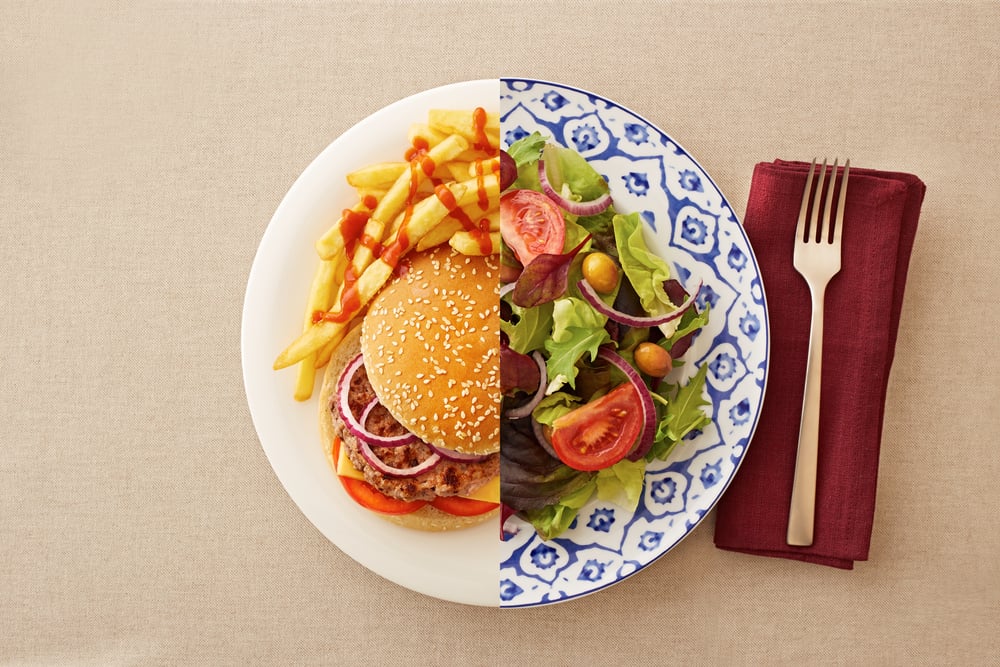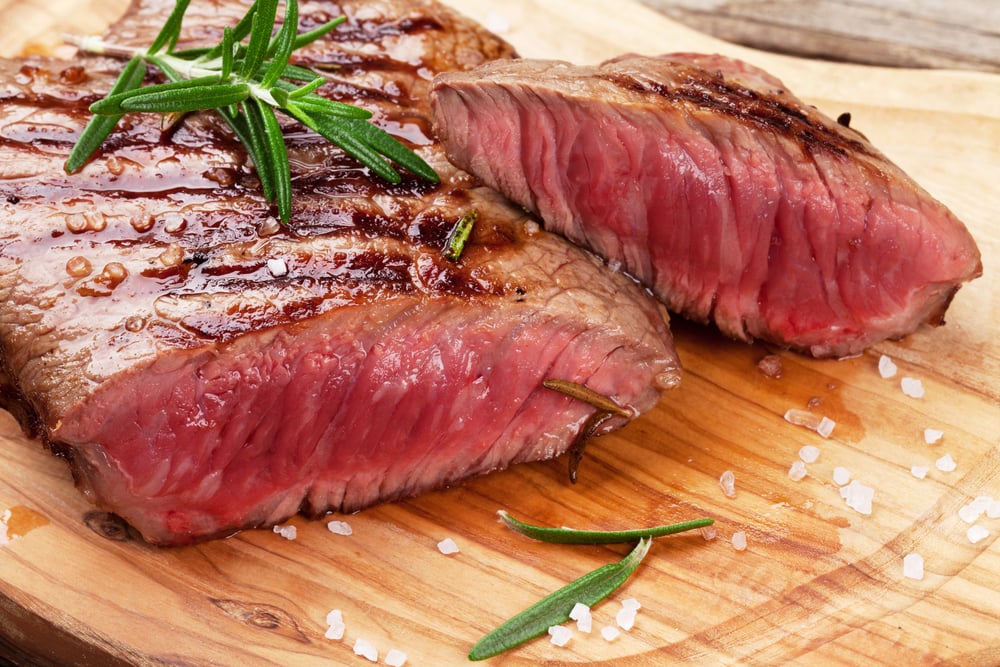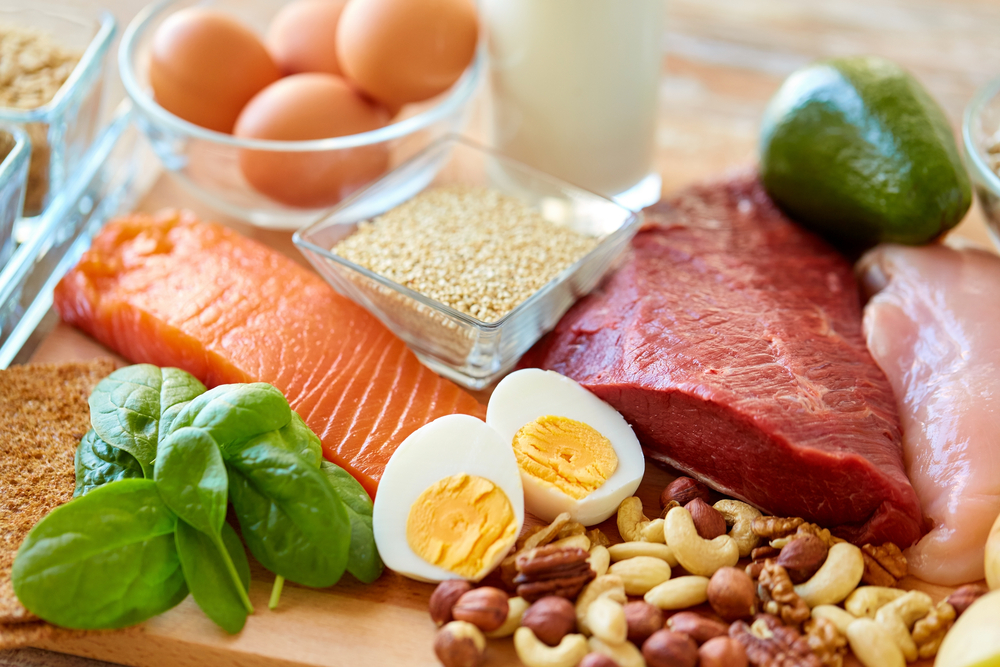To achieve and maintain overall good health, we need to supply the body with a certain amount of vitamins and nutrients. And this is especially true when it comes to protein, which the body uses to build and repair tissue. That said, there is an ongoing debate in terms of how much of this macronutrient one should consume. To help simplify matters, most nutritionists and dieticians recommend consuming between 25 to 35 grams of protein per meal for overall good health. However, this recommendation may not be ideal for those who are trying to lose weight or build long, lean muscle. In reality, the amount of protein the body needs has a lot to do with whether or not an individual leads an active or sedentary lifestyle.
How much protein do you need while trying to lose weight?
If you’re trying to shed a few unwanted pounds, it would be a good idea to increase your protein intake. To that point, if you’re trying to lose weight by cutting calories alone, most dieticians and nutritionists would recommend consuming 0.4 to 0.5 grams of protein per pound of body weight. Conversely, those who are trying to lose weight through diet and exercise should instead consume 0.5 to 0.8 grams of protein per pound of body weight. It is also worth noting that higher protein intake can help increase feelings of fullness, which means you will be less likely to indulge in snacking in-between meals. To further put this into context, in a 12-week study published by the National Institute of Health, women who increased their protein intake by 30 percent consumed 441 fewer calories, which, in turn, enabled them to lose 11 pounds by the end of the study.
How much protein do you need to build muscle?
Individuals who are trying to build long, lean muscle can benefit from taking in more protein. After all, consuming more of this macronutrient will enable you to keep more of the muscle you have and also build more muscle. For this reason, most exercise physiologists will advise their clients, especially those who engage in weight lifting, to consume 1 gram of protein per pound of body weight. On a side note, this higher protein intake also goes a long way toward increasing strength, which means that you will be able to lift even more weight and, consequently, build more muscle in the process.
What is the best source of protein?
Ideally, those who are looking to increase their protein intake should eat more protein-rich foods and take supplements if needed. That being said, some of the best sources of protein include the following: chicken breast, fatty fish, lentils, non-fat dairy products, eggs, seeds, nuts and tofu
All in all, whether your goal is to build muscle, lose weight, or maintain good overall health, there are a variety of foods to choose from that will enable you to supply your body with the protein that it needs to function optimally.













